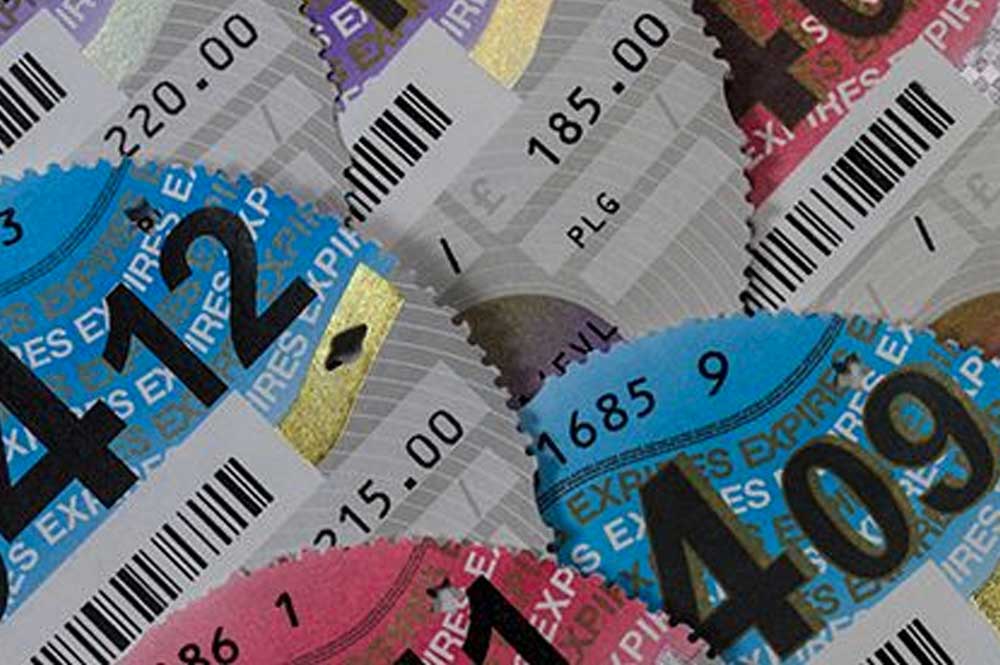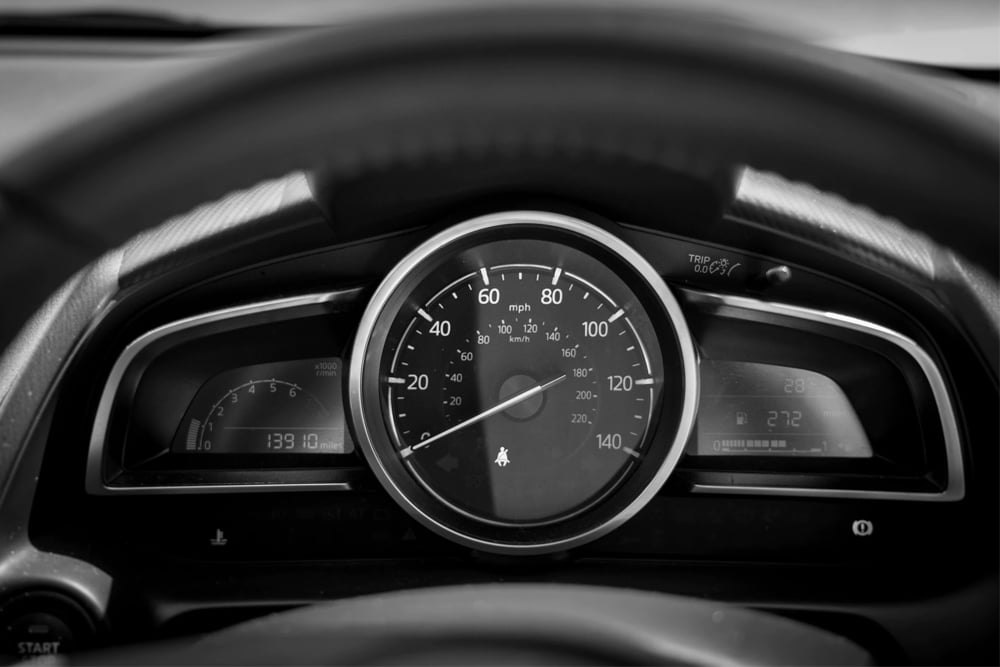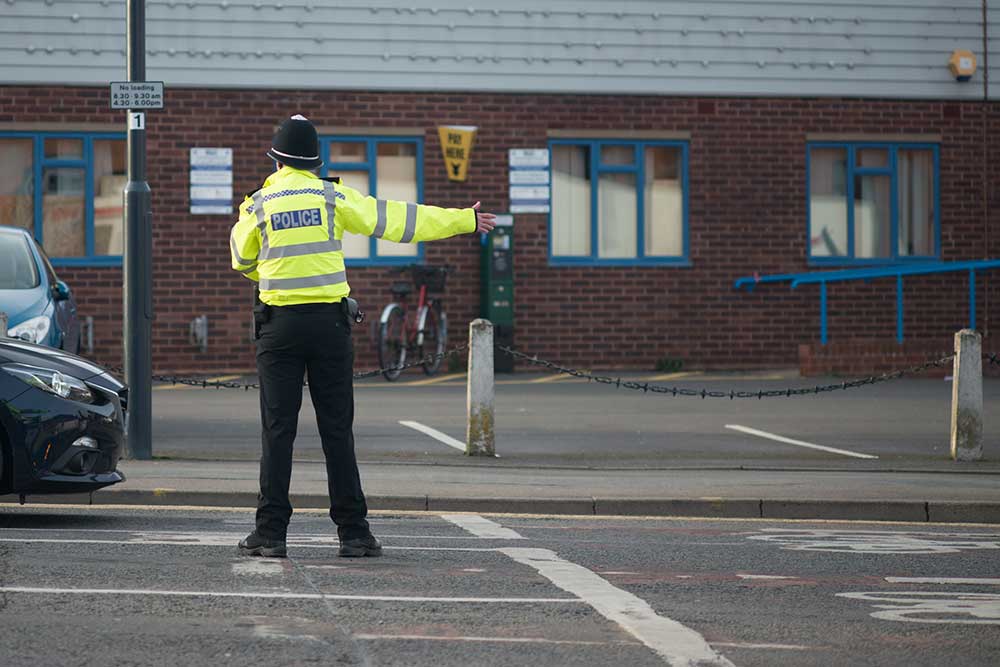Car Tax History Check – What does it entail?


It is in opposition to the regulation in the UK to drive a vehicle without tax, consequently, it is quintessential that you make sure your car has legitimate tax. The tax you will pay for your car will rely on the class your car falls into, with various VED (Vehicle Excise Duty) bands for petrol, diesel, and electric-powered cars, which differ based totally on the Co2 emissions emitted.
The DVLA will run month-to-month assessments on all motors registered in the UK and if your vehicle is no longer registered as a SORN and is untaxed, a computerized fine is dispatched to the registered keeper’s address. Failure to pay can result in an increase in a fine of up to £1,000 and the DVLA has the right to clamp your car till the tax has been paid.
The sole exception for riding your car besides tax is if you are using a pre-booked MOT test. If your vehicle used to be registered earlier than 1 March 2001, your tax will be calculated primarily based on your engine size. For a car registered after this date, the tax will be calculated primarily based on the CO2 emissions and gasoline type.
Vehicle tax or vehicle excise duty also regarded as car tax, road tax, is the annual tax levied as excise duty on cars. It should be paid on the majority of vehicles which use or park on public roads in the UK.
If you are wondering about shopping for a new car be aware of this due to the fact this will affect you. As an automobile owner, the annual car tax is simply another cost you have to consider when deciding on a car. Let’s see how car tax commenced and what does car tax history entail?
A tax on cars used to be first brought in 1888, however it was applied to all vehicles, not alone motor cars. Due to the development in popularity of motor cars, it grew to become obvious that more wanted to be done to enhance roads. In the 1909 budget, Lloyd George introduced that developing roads throughout Britain would be self-financing to resolve the problem. As a result from 1910, all the proceeds from the car excise duties went to fund the construction and maintenance of the system with the aid of the Road Fund.
As cars grew to become more common, the Ministry of Transport used to be established in 1919. Shortly afterward, the Government delivered the 1920 Roads Act to assist set up tax collection. As a result, councils grew to be accountable for registering new cars and collecting excise duty. That cash was solely given to the newly established Road Fund.
This system was not only unpopular with different ministers from the off, who disagreed with the cash being ring-fenced, however, it additionally proved to be unrealistic. That is due to the fact that as more cars have been registered, greater widespread road works and new roads have been necessary. The cash accumulated below the Road Fund mainly was used to maintain current roads, which means new roads nevertheless had to be funded by using different Government funds.
By the thirties onwards the Royal Commission on Transport located around two-thirds of avenue protection was once being met using nearby and standard taxations. So in May 1936, Austen Chamberlain introduced a new Vehicle Excise Duty (VED), with the cash generated going straight to the time-honored Treasury Fund alternatively than a ring-fenced fund.
Since the thirties, the charge of vehicle excise duty has altered relying on changing circumstances. During the nineties, the abolition of vehicle excise duty was once discussed, with plans to make up the cash lost through the increase in gasoline duty. As a result, the responsibility would be handed to vehicle buyers to make investments in better environment-friendly cars. However, it used to be determined this would additionally put extra stress on people residing in rural areas more.
VED, additionally regarded as car tax, does not now go straight in the direction of the maintenance or improvement of roads. Instead, it goes to the prevalent Treasury as first instigated in 1936.
The Treasury fund subsequently does go toward paying for infrastructure, which may also consist of the construction of new roads or enhancement of current roads. But it additionally funds neighbourhood councils who then determine how to spend the cash in their area. So inadvertently your VED will assist pay in the direction of street improvements. However, it is no longer a ring-fenced fund.
Aspects of proudly owning a car can be unpredictable. There’s no way of knowing how the price of your insurance plan coverage will change over time, whether someone will accidentally knock your wing mirror off, or what problems a car has before you sell it and drive it a few hundred miles. We don’t have a prediction system, however, we do all have something that can assist us to discover whether or not a second-hand vehicle has had any past problems. 1 in three motors had problems at their closing MOT and 1 in sixty-three automobiles have mileage discrepancies.
Buying a second-hand car whether or not through a private dealer or the motor trade needs some research, and the government site gives a service that approves customers to check on a car tax history and MOT history. It’s convenient to use and doesn’t need a penny. Doing these tests is a no-brainer: it’s an easy way to reap peace of mind or rule out an unpredictable automobile earlier than handing over any cash. It’s a quick test too, so there’s no cause to ignore a car tax history check for any vehicle you’re thinking about buying.
A car tax history check includes vital information regarding the following:
Since tax discs have been abolished in 2014, it can be tough to be aware of when your tax is due. Some garages provide an every year reminder service when you get an MOT performed so it’s a top indication that your tax is due. You can additionally use the online DVLA road tax service for finding the car tax history and you will want the registration number to locate out if there’s a legitimate cover in place. The proofs or documents you want to tax a vehicle fluctuate relying on whether or not the vehicle is new or not.
That’s much less than the 10% added when you pay for six months’ tax, as an alternative currently using 23% of motorists. Only the one-off annual charge comes with no extra charges.
It is illegal to take an untaxed car on the road and it is an offence to drive besides exhibiting a current tax disc. Don’t ignore checking your car tax history and taxing your car to keep it legal on UK roads.
You can get all the data of MOT and car tax history in a single click.
What you require for a car MOT and car tax history check is just the registration number, enter the registration number of the car unless it’s trade plates or a new vehicle that will have no service history. You can then see all the details of each MOT check-in view that 2005 for that vehicle, such as pass or fail, mileage, subsequent MOT due date, car tax history, and any minor faults or failing parts. This is an enormously beneficial facility that is available for everyone purchasing a used car, and due to the fact it solely requires the registration details, you can do it from home before wasting your time to locate an old banger ready for you.
You can additionally discover the car tax history status of all new and used vehicles simply by providing the registration number. You can get all information regarding the first reg. date, SORN status, CO2 emission, Tax expiry date, how much car tax is payable. It’s a simple check and you can enter the number and discover whether or not the car you’re searching to purchase has been registered as “off the road”, or has expensively excessive gasoline emissions. So subsequent times you or any person you understand is searching for a new set of wheels keep this in your mind and check your car tax history.
Why MOT records are needed when shopping for a car? Most cars on the road have a compulsory MOT check at 3-years old, though a car can be examined quicker if the driver feels it imperative (i.e. when the car has travelled surprisingly excess mileage). MOT fame tests on some vehicles, like taxis and ambulances, have a shorter duration earlier than their inaugural test, normally 1-year.
Taxing a car at a nearby post office requires the following documents:
Without these items, you want a V5C form (V62).
If the car is over 3-years old, you will want a legitimate MOT certificate or exception check certificates if you receive the invoice of disability car tax.
If the automobile has been modified to limit pollution, the Reduced Pollution Certificate is additionally required.
Road tax has to be renewed every year, though repayments can be made on both a 6-month or 12-month basis. You can test your car tax history and see when it expires by using the vehicle tax test by providing your registration number.
If you cancel your vehicle tax, you will obtain a refund for any full months remaining. This is calculated from the date your records used to be registered and you ought to get a hold of the payment within 10 working days.
Some vehicles have free tax, however, you will nevertheless want to register your automobile with the use of the DVLA website. If you have a used automobile registered between 1 March 2001 and 31 March 2017 that emits much less than 100g/km of CO2, you won’t pay any tax. If your car is registered after this date, solely electric-powered motors are exempt from road tax as the authorities aim to minimize the quantity of CO2 emissions created by way of combustion vehicles.
Some cars are ‘exempt’ from tax however nevertheless want to be taxed even though you don’t want to pay. You may also be exempt from tax if:
Car tax costs are altering for motors and some motorhomes were first registered with DVLA. These adjustments do no longer affect vehicles registered earlier than 1 April 2017, however, their charge of tax has multiplied nowadays in line with the Retail Price Index. Be aware of the change in car tax costs and monitor your car tax history.
As an owner of a vehicle, it is vital to continue to be on top of maintenance and make sure your car stays legal and roadworthy. Find several associated sections including, what is an MOT, certificates, advisory objects, and MOT quick pass, car tax rate, car tax history, SORN, etc. . These will give you a solution to know more about your car and keep it legal and roadworthy.



